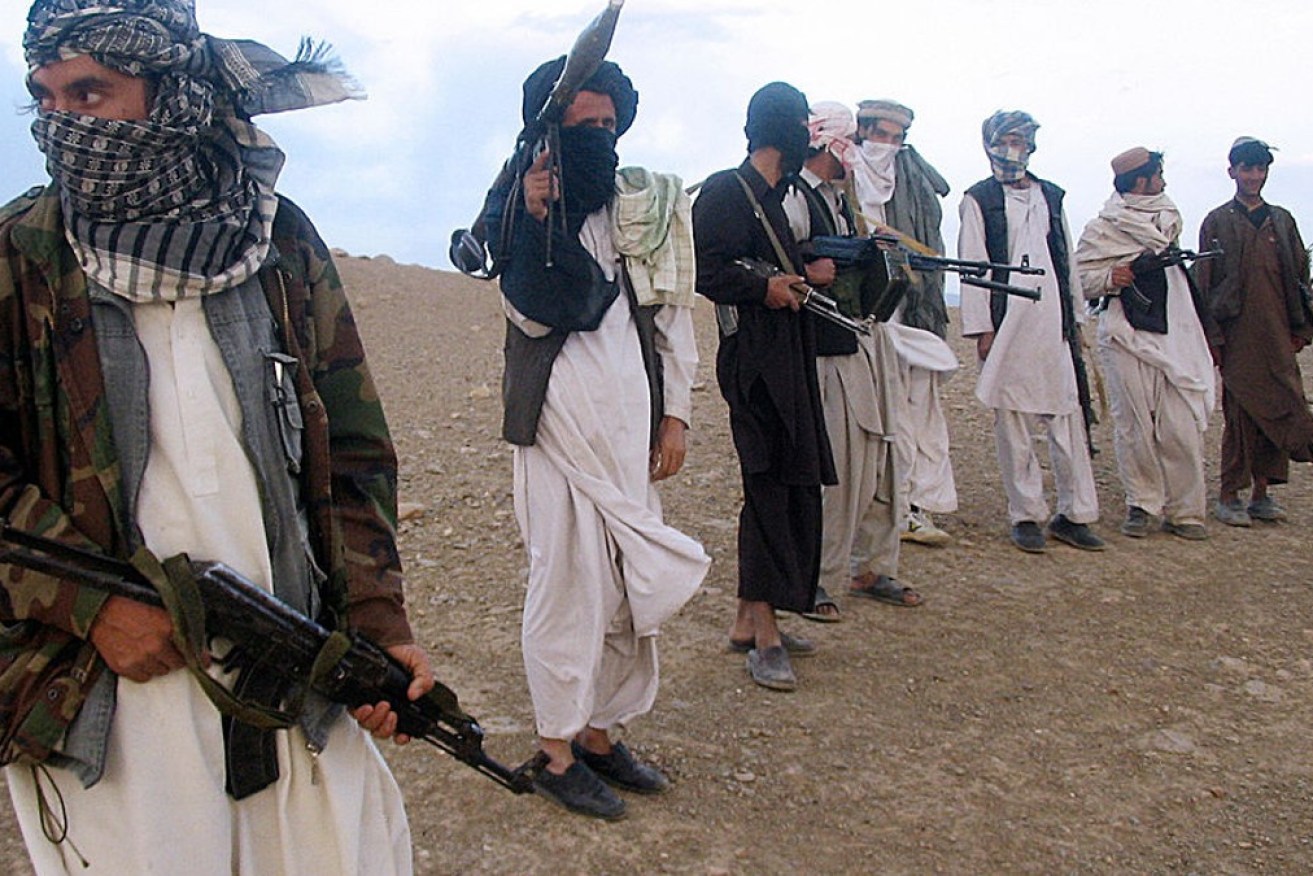Terrorist sausage sizzles and ASIO’s hunger for unpalatable new powers


Forbidden to attend school or leave the house, Hadashah Sa'adat Khan found the worst kind of friends online. Photo: Getty
When is baking for a lamington drive or turning snags at a sausage sizzle run by a local community group considered providing support for terrorists?
Well, according to civil libertarians, proposed changes to Australia’s national security laws have the potential to ensnare innocent people in their nets, like the above examples.
And they want all the proposed changes put under the microscope before our nation’s leaders turn them into law.
Federal Parliament’s powerful Joint Committee on Intelligence and Security is currently conducting a review into the National Security Legislation Amendment Bill, which proposes beefing up the intelligence laws in the face of a rapidly changing security environment.
The committee’s chair, Liberal Senator James Paterson, says that while it is important for the country’s intelligence agencies to have the best tools at their disposal there is also the need to ensure those tools are proportionate and come with robust oversight mechanisms.
The committee has received a raft of submissions from intelligence agencies and the civil and legal communities.
In its submission to the inquiry, the New South Wales Council for Civil Liberties (CCL) says that while it understands and supports the need for intelligence agencies to investigate serious offending and obtain intelligence, it remains concerned the amendments to the law “will carry undesirable consequences”.
And it warns of “an incremental erosion of the civil rights and freedoms of Australians”.
Out of the minister’s hands
One of the proposed changes will allow the heads of intelligence service agencies, rather than the minister (as currently is the case), to authorise the production of intelligence on an Australian person who is overseas without first obtaining that individual’s consent in situations where there is, or is likely to be, an imminent risk to their safety.
The CCL argues the discretion is too broad, and the ability to delegate such an intrusive power to an intelligence community executive or staffer is inappropriate.
But back to baking lamingtons. The CCL used that example in their submission to question proposed amendments which would allow the minister to authorise intelligence to be produced on one or more persons who are or are deemed likely to be involved with a listed terrorist organisation.
CCL says the definition of ‘involvement’ is too broad and, further, that a person would be taken to be involved with a listed terror organisation if that individual provides financial or other support to or advocates for or on behalf of the organisation. Trouble is, non-financial support and advocacy are not defined and that vagueness could cover a broad spectrum of activities not related to terrorist activity.
“Would baking for a lamington drive or turning chipolatas at a sausage sizzle held by a local community group constitute ‘support’ for a listed organisation?” the CCL asks.
“Given that there is no requirement for a person to knowingly provide support for a listed organisation, nor that they know the group they are supporting is a listed terrorist organisation, it is quite possible that an individual may innocently be providing such support, yet their conduct might be captured.”
Civil Liberties Australia (CLA) was brutal in their submission, describing the intelligence community’s demands for increased powers as “nothing short of extravagant”. And they also say the incidence of terrorism-related activity in Australia has been “low to non-existent” since 9/11 and most of the disrupted plots or attacks came to light as a result of community reporting of suspicious behaviour.
CLA says Australia’s intelligence and security infrastructure is a “rickety house of cards”.
Another of the many changes proposed is to extend from 14 days to 28 days the period in which a person’s passport can be suspended to allow time for ASIO to undertake investigations to “inform a security assessment” if the suspicion is that a person might leave Australia to engage in conduct such as a terrorist act.
ASIO, in its submission to the inquiry, says the extra time is necessary because the current 14 days is insufficient.
Disturbingly wide-ranging proposals
And the agency revealed that since the COVID-19 pandemic began and Australia’s international borders were closed, the passport suspension power has not actually been used.
The changes proposed to our laws are wide-reaching. Sure, we need robust laws to protect our citizens from those who would want to harm us, and particularly so as espionage becomes more and more sophisticated.
But we also need appropriate checks and balances on those laws and on those administering them.
It is imperative that the Canberra committee conducts a robust investigation of the new laws, how they could affect us all and to give every interested party a chance to have a say in public.
Otherwise, baking a lamington or making a sausage sandwich may unwittingly land you, me and any of us in trouble.








